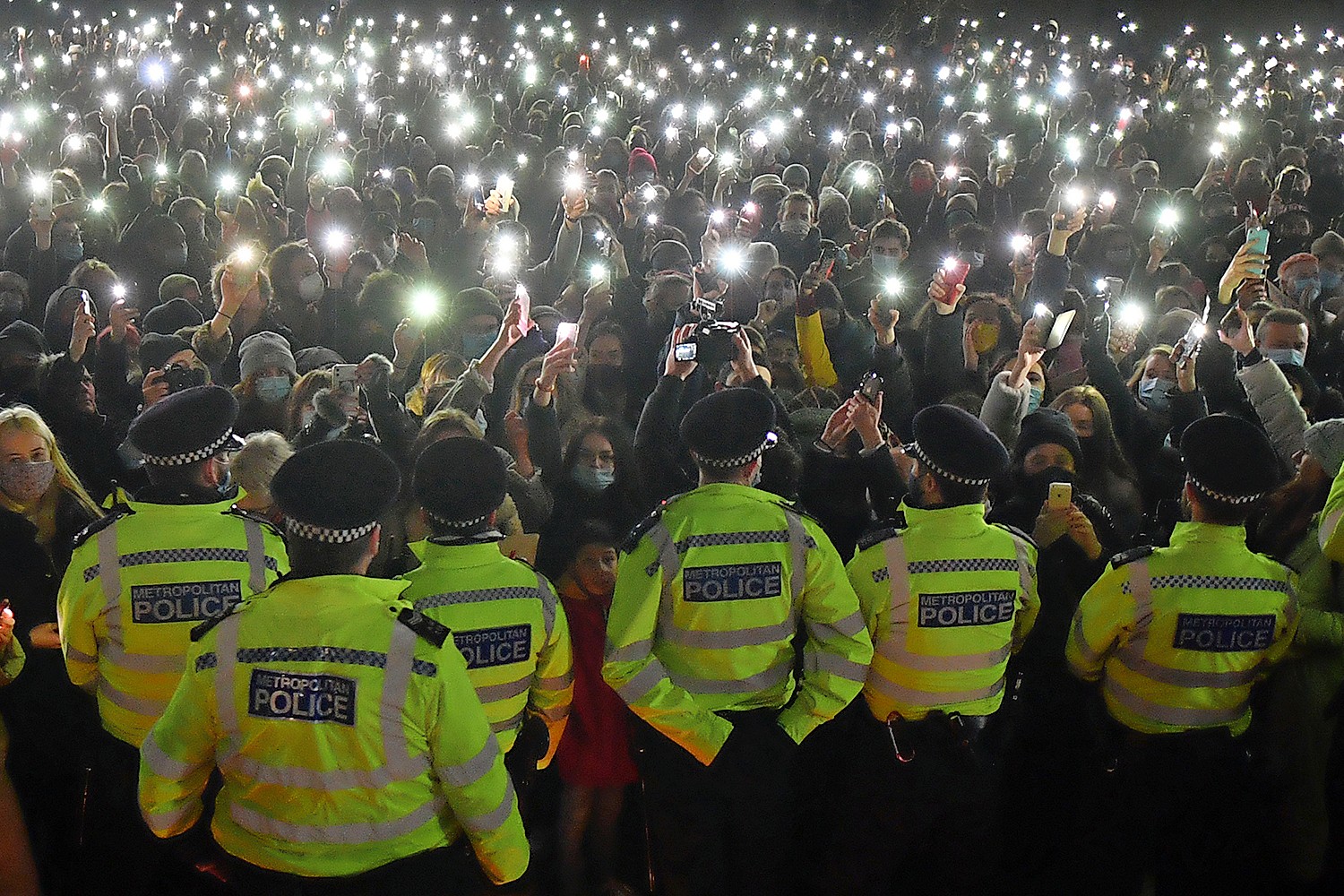Police officers accused of offences including rape, domestic abuse and arranging to meet an underage schoolgirl, could cost the Metropolitan Police more than £7 million.
The Met is unable to sack 29 officers who are at home on full pay after a vetting review uncovered allegations of serious offences, while about 80 more could be eligible for back pay.
The force lost a legal battle with its staff association, the Metropolitan Police Federation, over efforts to remove the officers – a battle the federation now intends to take to the government over changes to the law intended to resolve the situation.
One officer was arrested in the US for travelling to meet a 13-year-old girl after talking to her online; another was accused of rape and sexual assault by multiple women; and another of multiple incidents of domestic abuse, including the rape of an ex-partner as well as sexually harassing colleagues.
Among those forced out was Sergeant Lino Di Maria, who was repeatedly accused of rape, including by a colleague on the force, but never charged, convicted or taken to a misconduct hearing.
In February, Di Maria won a high court battle against the Met for wrongly dismissing him, and the case became a stumbling block for planned reforms. The force suddenly had scores of officers eligible to seek back pay and potentially compensation – 107 had already been removed, had left or been put on “vetting special leave”, meaning at home on full pay. A further 100 are still being assessed under the vetting process.
A Met spokesperson said: “We estimate the cost of continuing to employ these officers and staff still in the organisation but on special vetting leave will be at least £2m per year. But if we are forced to reinstate those who have left, it could be £7m per year.”
Sir Mark Rowley, the Met commissioner, is furious. He is taking the case to the court of appeal and has laid the blame at the door of the local staff association, the Metropolitan Police Federation.
Rowley called the federation branch “crazy” and “perverse” for throwing its weight behind Di Maria’s judicial review, painting the federation as the roadblock to much-needed reform.
Police officers are servants of the crown who cannot be sacked in the normal sense, so the Home Office announced a new legal route for police chiefs to sack those who fail vetting. But the Fed, as it’s known, is showing no signs of backing down. A source at its Met branch said it will now seek a judicial review of the new law.
Newsletters
Choose the newsletters you want to receive
View more
For information about how The Observer protects your data, read our Privacy Policy
“The federation would be looking to challenge the current reforms as they have been laid,” the source said. “They have got to take into consideration what the judge said in the Di Maria judgment. Get a lawful process with appropriate checks and balances and we will get behind it. If you’re going to act outside police regulations and treat us as employees, then give us the right to take industrial action.”
‘The federation would be looking to challenge the current reforms as they have been laid’
‘The federation would be looking to challenge the current reforms as they have been laid’
Police Federation source
The federation, set up in 1919 after police were banned from taking industrial action when strikes led to riots and looting, is a statutory body that provides legal support to its officers, as well as fighting their corner like a union would over pay, conditions and welfare.
The Di Maria incident is far from the first time that chief officers or politicians have accused the Police Federation of England and Wales, or one of its 43 regional branches, of obstructing reform.
The organisation has traditionally been both powerful and wealthy, as well as a formidable adversary for ministers over matters such as catastrophic austerity cuts. It has also been in a state of almost permanent crisis for more than a decade. Current and former insiders have told The Observer of the chaos at the organisation today as its future is threatened by feuding factions, political irrelevance and potential financial collapse.
A detailed review of the organisation by an independent panel was released last week, revealing a culture of misogyny and bullying. The sort of culture reflective of broader concerns over policing – the sort that could hide a man like Couzens, who was in a WhatsApp group with colleagues in which they joked about rape.
“We have also heard distressing claims of misogynistic behaviour within the Federation,” the report said, “which we are told has had severe impacts on women police officers and Federation officers, undermining their work within the Federation and making it an unsafe and toxic environment for them.”
The report, authored by Baroness Mary Bousted, a former head of the National Education Union and Peter Vicary-Smith, former CEO of Which?, found that although some progress had been made, they had been repeatedly told that the federation was “isolated”, lacked influence at government level and was out of touch with its members.
The authors spoke to officers who described staff shortages and a lack of resources and found that the federation was not doing enough to represent them. One officer described staffing shortages in Cleveland, which they said was “the most violent place in England last year”, saying officers were being removed from frontline response to carry out proactive work.
A Fed rep in North Yorkshire said the force was “constantly moving officers around from Harrogate to Scarborough to hold the front line, which is decimated”.
Officers also said there were shortages in the Met’s recruitment drive – shortages made no easier by the process of weeding out officers who have been accused of serious offences and failed vetting but are, for now, still on the force’s books.

